We should all ask ourselves – what should be considered while choosing the right supplement? The goal is not to spend too much money, and at the same time get the best results and not have to worry about health.
The supplement industry is growing rapidly, and we (as a consumers) spend billions of zlotys every year on that. While nothing bad can be found in the supplementation itself, it is worth considering why you are taking supplements at all. It is emphasized many times (on every package actually) that the supplement can’t be considered as a substitute for a varied and properly balanced diet. Sadly, it is something that some athletes and people who practice from time to time forget about. The basis is the right menu, good regeneration and training.
Supplements are helpful. They allow you to get more out of yourself, regenerate faster and sleep deeper. However we cannot treat them as a panacea for our own negligence.
What’s the problem and where does it come from – legal issues regarding supplements
The issues of medicinal products (in particular their advertising and registration) have been regulated in almost every detail by the European Community. In accordance with current guidelines, dietary supplements are classified as food, so drug regulations do not actually cover them. The units controlling the quality and safety of supplements are also different.
Regulations on foodstuffs are much less restrictive. It often leads to certain “shortcomings” and “abuses”, not to say distortions. It may happen that the supplement contains prohibited substances or the content of the biologically active substance doesn’t really comply with the one declared on the label. In 2016 alone, the Polish Anti-Doping Agency (POLADA) documented 49 anti-doping infringements out of 3282!
However, not everyone is afraid only of doping mishaps – for many of us taking (even without our awareness) a prohibited substance is associated with burdening the body and unnecessary exposure to serious health consequences.
So what you should be really looking for?
The European Union law (no matter how full of shortcomings or loopholes it is) is actually much more restrictive than in other parts of the world. So, simple advice is, that not all the supplements from outside the European Union are good for you. From my end, I always suggest considering all aspects of diet, training and lifestyle. And before you start supplementation, make sure really you need it.
9 rules for choosing a dietary supplement:
- Do not go on buying supplements and substances of companies that have just “entered” the market, especially if there is no detailed information and research on them.
- Try to look for scientific information about the supplements you want to take.
- TRY TO THINK ABOUT WHAT YOU REALLY NEED
- Choose among brands from European Union or producers from Poland.
- Don’t just be guided by gym friends and people from Internet chats.
- Do not fully trust the advertisements – 8kg of muscle in 8-12 weeks is a completely unreal result!
- First of all, take care of a varied diet. Well-chosen training, proper regeneration, and treat supplements as an add-on to your goal, rather than the basic pillar of your exercise capacity.
- Observe your body! If the supplement works “too well” for example: it greatly reduces appetite, causes sleep problems, gastric disorders or deterioration of liver function – stop using it immediately!
- Check the label! Especially watch out for annotation “and much more” – it can be tricky!

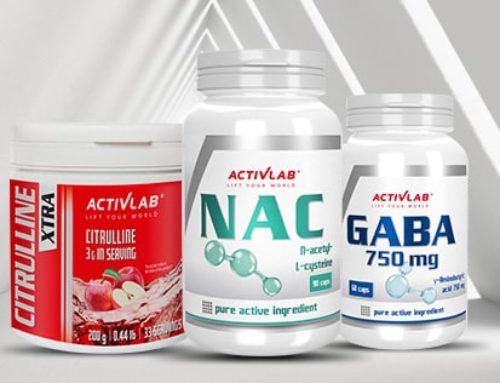
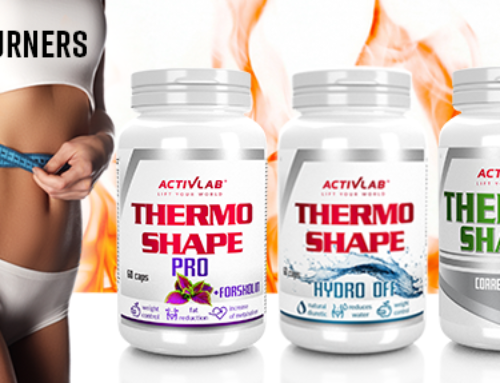
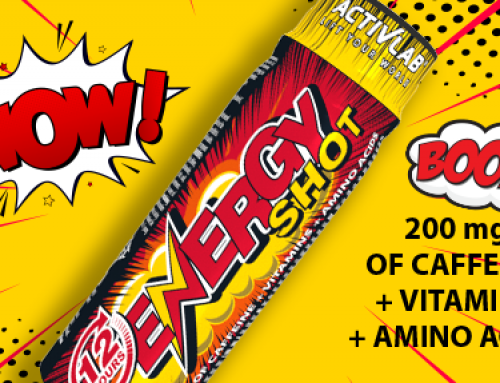
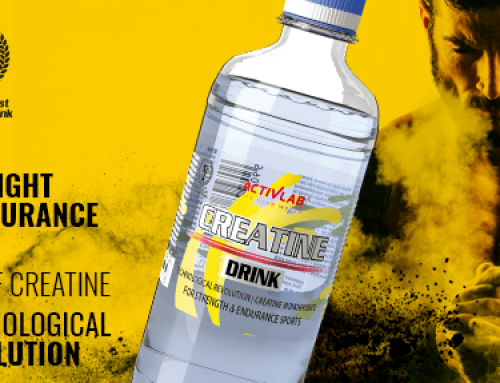
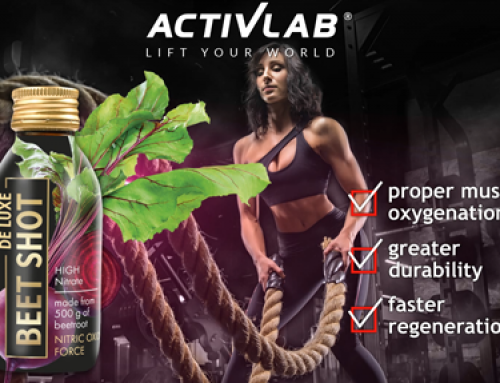
Leave A Comment
You must be logged in to post a comment.